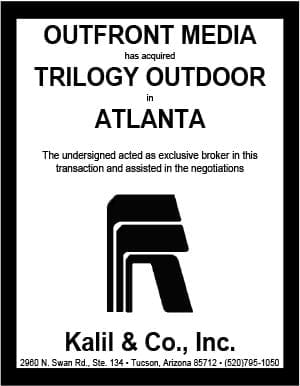
Greg Redeker is a Real Estate Manager for Stott Outdoor Advertising. Greg spent 20 years working for local government, most of that time as an urban planner. He also served as a zoning administrator and was lead author for a comprehensive sign ordinance update. Greg is writing a series of permitting articles for Billboard Insider. Today Greg shares insights about the other side of the counter, and how you can improve your interactions with local regulators. Greg can be reached at gredeker@stottoutdoor.com.
- Understand that the default position is frequently “no”. The mantra that “billboards are bad” is taught in many planning programs with little critical analysis. With significant overlap and cross-pollination between the fields of urban planning and environmental planning, a portion of the planning staff may be opposed to your auto-oriented project on principle. Unless you’re seeking approval in an enlightened jurisdiction which allows outdoor advertising with a reasonable permitting process, be prepared to explain the basics. Be sure to note the positive impact that signs have on the local economy, and how they’re used by businesses and organizations of all stripes to get their message out.
- Outdoor advertising applications are frequently assigned to junior staff. While senior and principal planners are busy analyzing the latest mixed-use transit-oriented redevelopment project, something small and seemingly simple like a conditional use permit for a new outdoor advertising display tends to end up on the desk of the new hire. To paraphrase Hanlon’s Razor, never ascribe to malice that which is adequately explained by inexperience. Be prepared to do some handholding and education. Good-natured correction is your friend if the assigned planner is making rookie mistakes while processing your application.
- Many planners don’t know the law as it relates to outdoor advertising. Make sure that you’re current on federal law, state law, and published decisions in support of your position. Know enough about state environmental law (such as CEQA here in California) to have a meaningful discussion, particularly if the law provides a quicker and lower-effort path for moving forward. Consider bringing copies of relevant statutes, guidelines, and decision summaries when meeting with planning staff – it may make it easier for them to get a determination from their counsel which supports approval of your project.
[wpforms id=”8663″]
Paid Advertisement

















